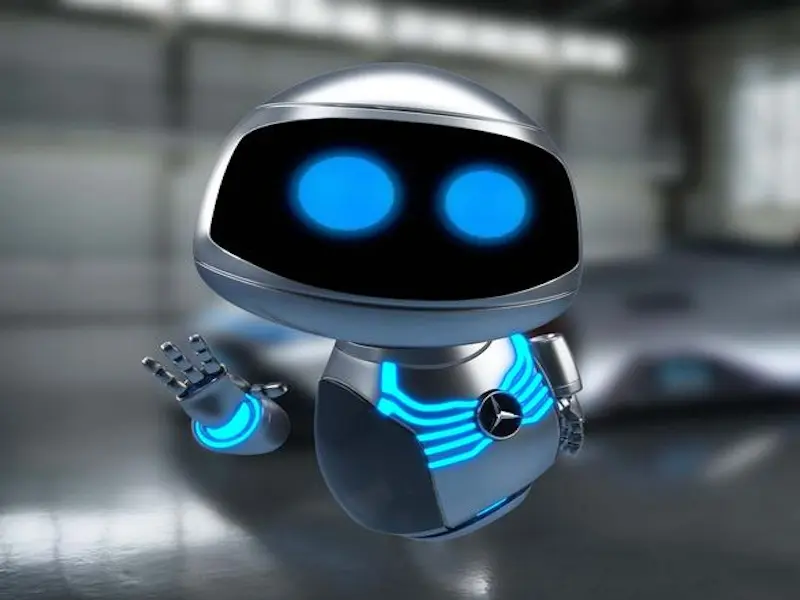- Enhanced capabilities: As AI technology advances, it is increasingly capable of performing tasks traditionally assigned to human virtual assistants.
- Human touch: Despite technological advancements, the personal connection and emotional intelligence provided by human assistants remain irreplaceable.
- Collaboration over replacement: The future may see AI augmenting rather than replacing human virtual assistants, creating a collaborative environment for increased efficiency.
The rise of artificial intelligence has prompted questions about the future of virtual assistants—those who provide administrative support, schedule management, and various personal services. With AI rapidly evolving in capability and functionality, some speculate whether these digital tools will fully replace their human counterparts.
While AI can automate many tasks and improve efficiency, the essence of what makes a great virtual assistant often lies in human interaction, emotional intelligence, and adaptability. In this blog, we will delve into the relationship between AI and virtual assistants, exploring whether one can truly replace the other.
The rise of AI capabilities
AI systems have made remarkable strides in their ability to understand and execute tasks. Machine learning algorithms and natural language processing advancements allow AI to carry out complex instructions, manage appointments, and even interact with customers via chatbots. For instance, platforms like Google Assistant and Amazon’s Alexa can perform a variety of functions such as setting reminders, providing information, and controlling smart home devices—all without human intervention.
Furthermore, businesses increasingly employ AI tools to enhance productivity by automating repetitive tasks. This not only reduces the workload for human employees but also enables organisations to save costs. The growing reliance on AI for administrative functions leads to the perception that human virtual assistants could become obsolete.
Also read: Home automation: A cutting-edge home assistant
Also read: What is Microsoft Power Virtual Agents?
The human element
Despite the immense capabilities of AI, there remains a critical element that technology cannot replicate: the human touch. Human virtual assistants bring emotional intelligence and interpersonal skills to the table, allowing them to navigate complex social situations and build rapport with clients and colleagues. They understand context, tone, and subtle cues that AI struggles to interpret.
For example, a skilled human assistant can assess a client’s mood during a conversation and adjust their approach accordingly. They can empathise with clients’ concerns and respond in a way that feels personal and caring—qualities that AI, no matter how sophisticated, cannot genuinely replicate.
Moreover, human virtual assistants possess creativity and problem-solving abilities that often require nuanced judgment and experience. They can think critically, adapt to changing circumstances, and make decisions based on incomplete information. These capabilities allow them to handle unexpected challenges that an AI may not be equipped to tackle.
A collaborative future
Rather than viewing AI and human virtual assistants as direct competitors, it’s more productive to consider them as potential collaborators. As AI continues to develop, it can take over routine tasks, allowing human assistants to focus on higher-value activities that require critical thinking, creativity, and emotional engagement. This synergy can lead to improved efficiency and a better overall experience for both employees and clients.
Businesses can benefit from adopting a hybrid model where AI manages administrative tasks, while human assistants focus on relationship-building and strategic initiatives. This approach combines the strengths of both AI and human capabilities, enabling organisations to create more effective teams.
Preparing for the future
To thrive in a future where AI plays a significant role in the workplace, human virtual assistants must adapt and evolve their skill sets. Emphasising emotional intelligence, critical thinking, and creativity will be essential in distinguishing themselves in a tech-driven landscape. Continuous learning and embracing new technologies will also equip them to collaborate effectively with AI systems.
Companies should invest in training programs that help employees leverage AI tools to enhance their work. By fostering a culture of collaboration and innovation, organisations can ensure that both AI and human talent coexist harmoniously, driving better outcomes in productivity and service delivery.

